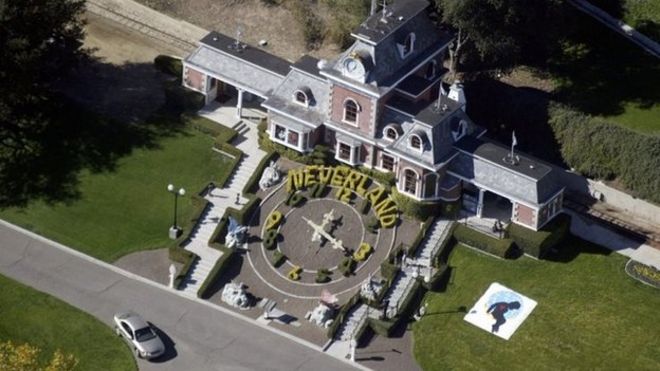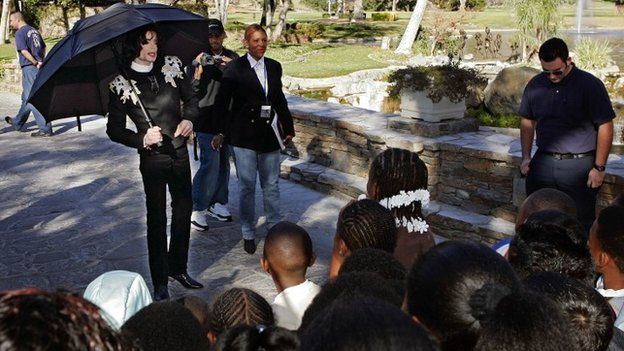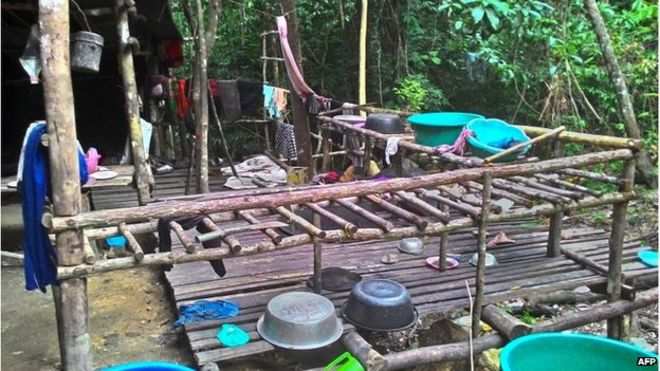
Chairman of the East African Council of Ministers Harrison Mwakyembe
(left) confers with council member Shem Bageine of Uganda (second
left), Tanzania’s Deputy Minister for East Africa Cooperation Abdallah
Sadalla (second right) and East African Community Secretary-General
Richard Sezibera during a meeting on the Burundi crisis yesterday.
PHOTO
Arusha. The Burundi elections may not be
postponed as directed by the emergency East African Community Heads of
State held in Dar es Salaam last week.
Instead, the EAC will dispatch an observer
mission to the parliamentary and presidential elections slated for May
26 and June 26, respectively, as initially planned, according to a
senior Tanzanian government official.
The change of heart apparently follows what has
been perceived as a stabilizing of situation in Burundi, where renegade
soldiers attempted to oust President Pierre Nkurunziza last Wednesday
after weeks of violent clashes between police and protesters.
“There is no way the EAC can avoid supporting the
government of Pierre Nkurunziza for now. The situation has somehow
stabilized unlike before the attempted coup,” said the official, who
spoke on condition of anonymity due to the sensitive nature of the
matter.
The official, who spoke on the sidelines of an
emergency meeting of member states’ East African cooperation ministers
at the EAC headquarters, said the partner states were relieved that
peace was returning to Burundi in the wake of violence that left about
20 people dead. However, he did not say whether the EAC had accepted
President Nkurunziza’s controversial bid for a third term, which sparked
the crisis.
It was resolved during last week’s summit that
Burundi was not ready for free and fair elections given the fluid
situation in Burundi following weeks of violent demonstrations.
The leaders from Tanzania, Uganda, Kenya and
Rwanda called upon the authorities in Bujumbura to postpone the
elections for a period not beyond the mandate of the current government
of President Nkurunziza.
Summit chairman President Jakaya Kikwete hosted
the meeting at State House, Dar es Salaam, and other leaders in
attendance were presidents Paul Kagame of Rwanda, Yoweri Museveni of
Uganda and Uhuru Kenyatta of Kenya.
President Nkurunziza, was in Dar es Salaam, but did not attend the meeting following reports of an attempted coup against him.
The Minister for Foreign Affairs and International
Cooperation, Mr Bernard Membe, told reporters in Dar es Salaam at the
weekend that the security situation in Burundi was too fragile for
elections to be held.
He indicated that the EAC was about to propose
that the eagerly-awaited elections be postponed to July this year “when
the dust would have settled”, but not after August when Mr Nkurunziza’s
term will come to an end.
Yesterday’s emergency meeting in Arusha, chaired
by East Africa Cooperation minister Harrison Mwakyembe, discussed the
Burundi crisis within the context of last Friday’s meeting of attorneys
general from the five partner states.














